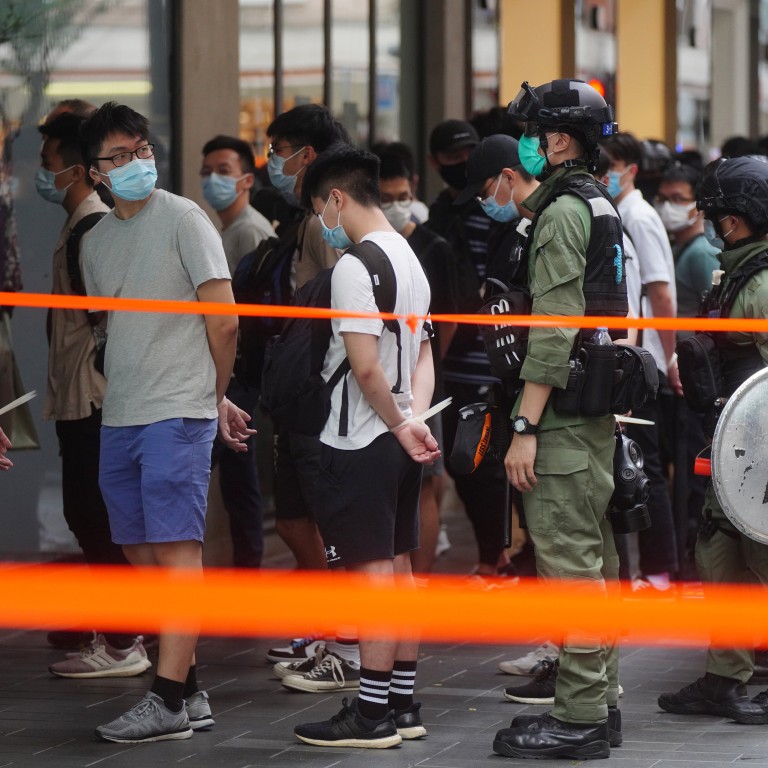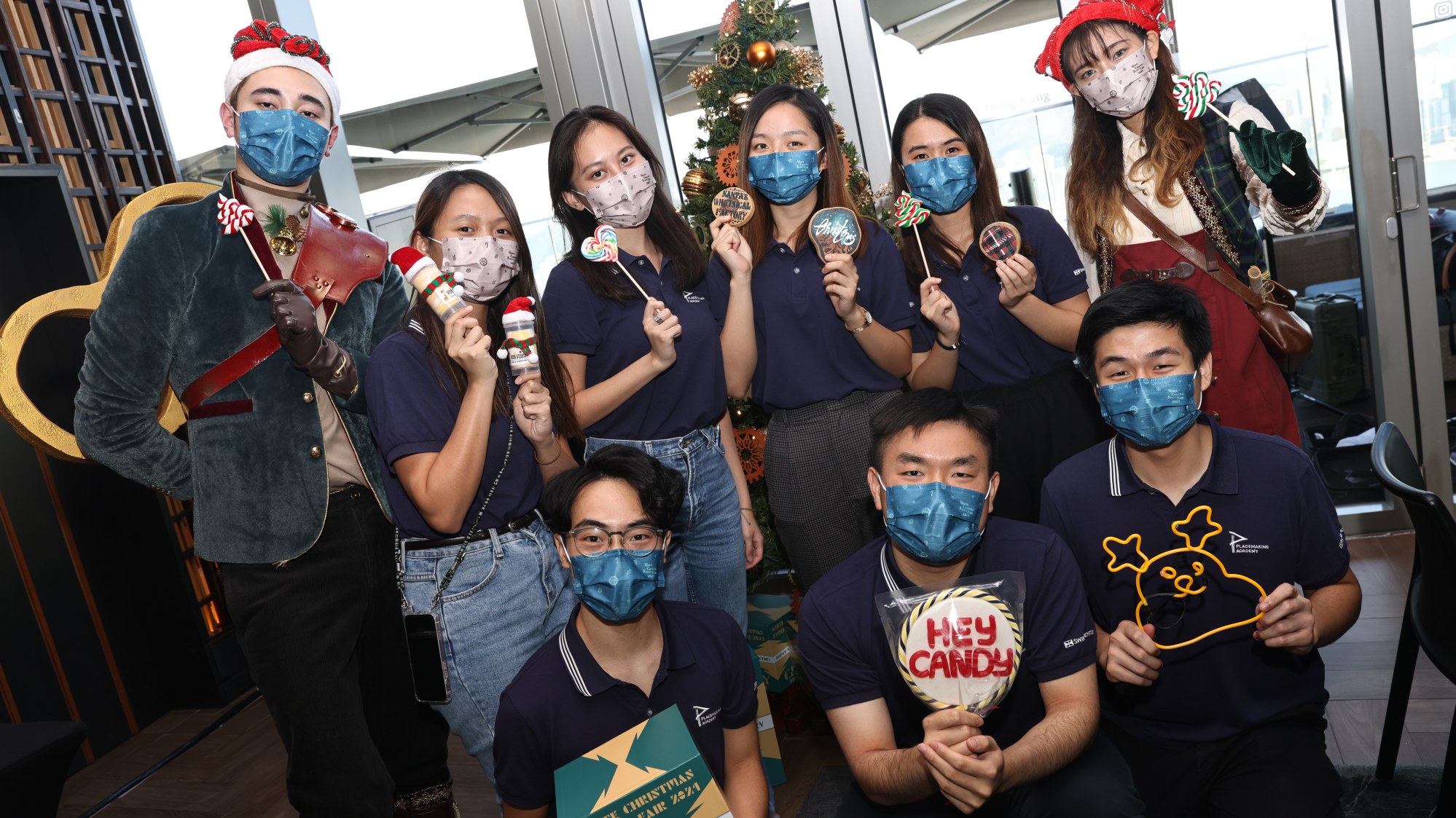
To heal Hong Kong, start with the young protesters jailed for the 2019 social movement
- Societal reconciliation is empty talk unless we have practical action, starting with the thousands of young Hongkongers arrested or in jail, many talented and remorseful
- At the minimum, restore their university places, encourage companies to look past their convictions and provide counselling and support to repair family relations
It is indeed a call for everyone to take some responsibility for the damage done, and take ownership of the road to recovery.
To date, more than 1,000 have been prosecuted. There are some organisations working hard to restore peace and rebuild trust in the community. Project Change, for example, is an initiative to provide counselling and legal support to those young people under the age of 25 who were arrested after taking part in the social movement.
For those young people who have been sentenced, the Correctional Services Department helps with their reformation and rehabilitation. Upon their release, they will continue to face struggles as they re-enter society, whether in school or at the workplace. How can we, as a community, help their smooth transition back into society?
We heard that one arrested young man had his student registration status revoked by the university and had to reapply. He used this time to retake the exams in the hope of improving his results and his chance of qualifying again for university.
Among those arrested, some came from a triad background, some broke the law in return for benefits, and some became involved, wittingly or unwittingly, under the overpowering influence of the societal atmosphere at that time. During their imprisonment, they faced harsh realities.
Meanwhile, we have learned from the young people in jail that the police pay them frequent visits to offer support during their imprisonment, sowing seeds of reconciliation.
Many of these young people are talented and most are truly remorseful.
Begin Hong Kong’s healing with mercy for young arrested protesters
Some government officials and Legislative Council members from the pro-government camp have spoken out about the need for members of our community to unite. But without practical measures, reconciliation is just empty talk. Reconciliation work requires concrete action and the active participation of all of society.
At the minimum, the government can take the initiative to request that all education institutions reinstate the student registration status of the young people arrested, as a gesture of good faith. Companies and corporations should also be encouraged to give these young people a chance and not turn down their job applications purely because of their conviction. Counselling and support services to repair family relations is also crucial.
Bishop Chow was right when he said that when a church has no young people, there is no future. Likewise, Hong Kong has no future without our young people. It is heartening to witness the good work done by corporations here to provide job opportunities for our young people.
A classic example is the White Christmas Street Fair organised by Swire Properties, which works with local university students on the project, giving them the opportunity to develop leadership and entrepreneurship.

Our young people are capable of surprising us; they are our hope.
The prospects of these young people caught in the fallout are our concern and we should take immediate and active steps to repair the damage. As Christmas nears, this is the time to remind ourselves that caring is the sharing of hope and prosperity.
Paul Yip is the chair professor (population health) at the University of Hong Kong and director of the Hong Kong Jockey Club Centre for Suicide Research and Prevention

